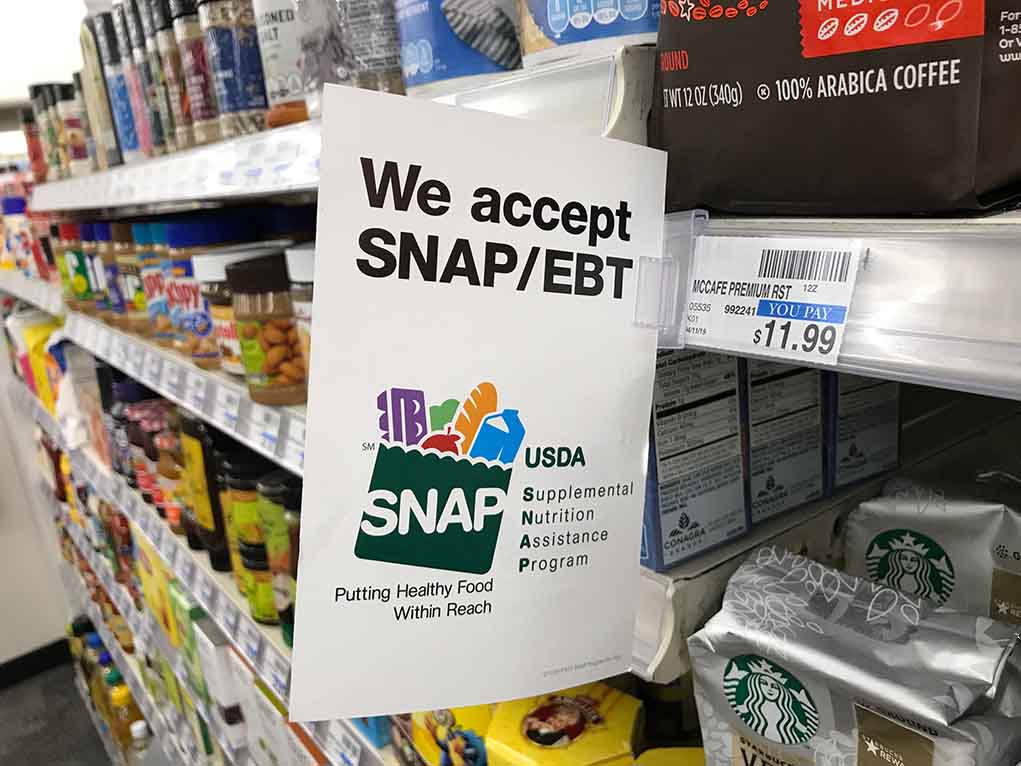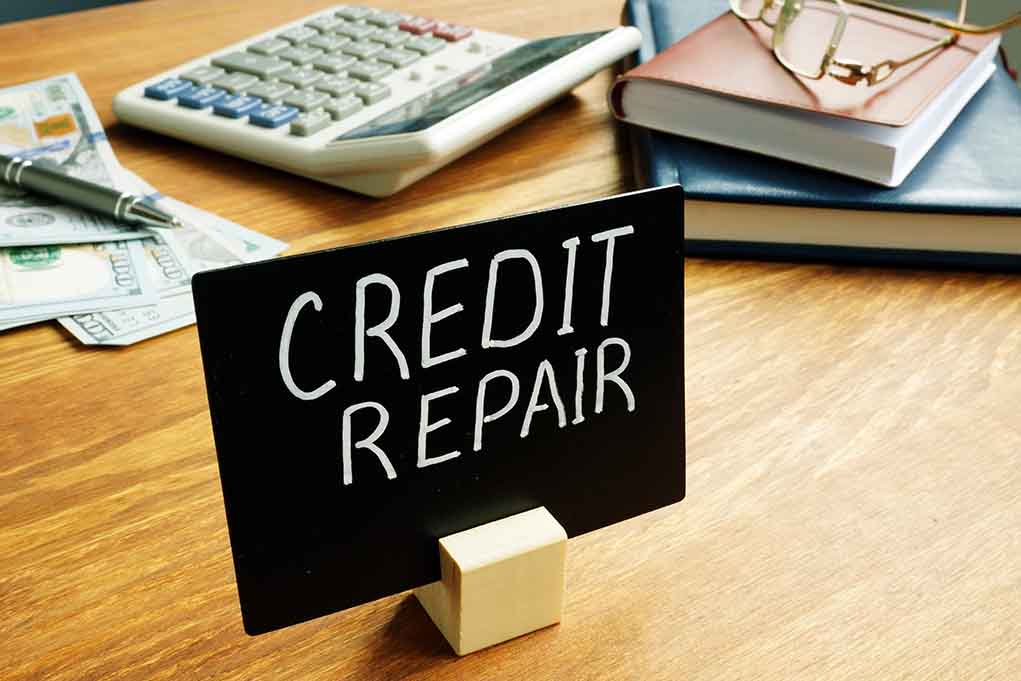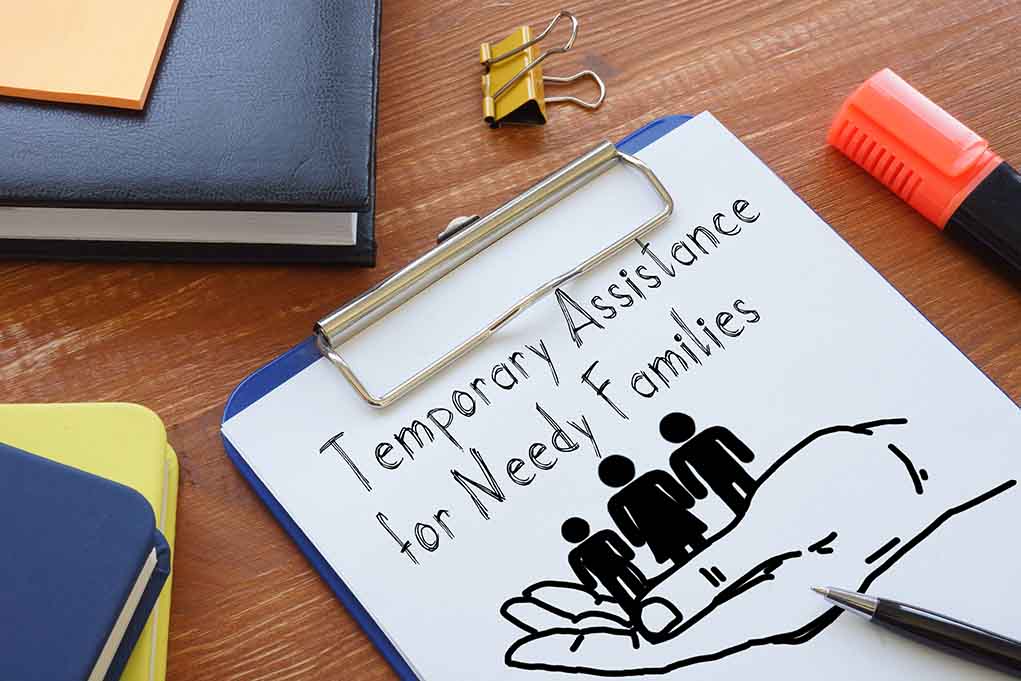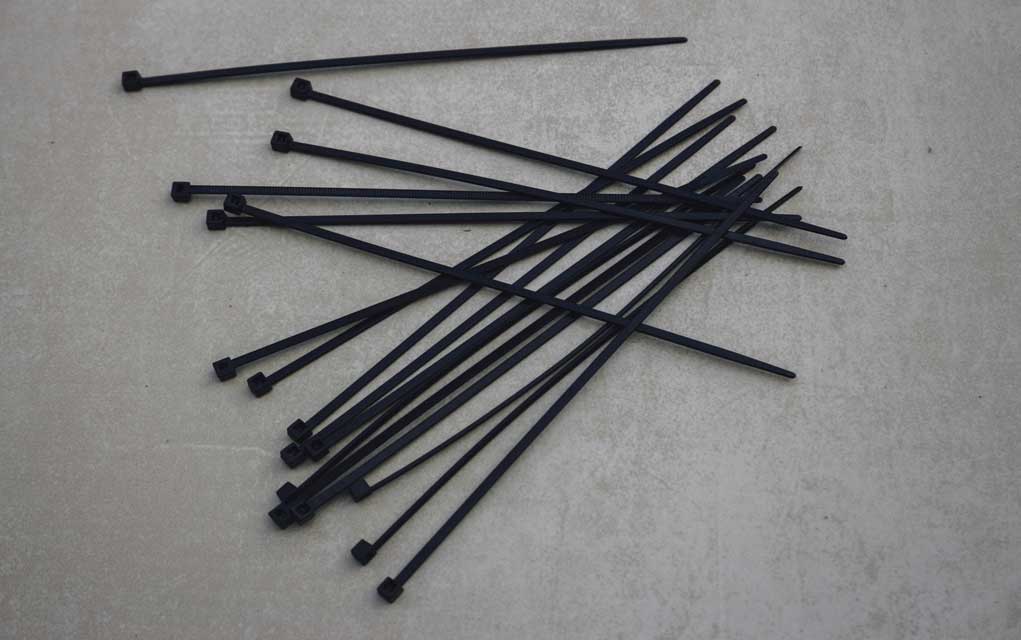(ModernSurvival.org) – Losing your job suddenly can be devastating. The loss of income and stability wreaks havoc on not only your finances but your emotions as well. Starting from square one to seek out a sustainable source of income is both stressful and time-consuming.
Thankfully, there are ways to protect yourself from financial hardships while on the hunt for a new employment opportunity. Here’s what to do should you ever find yourself suddenly unemployed.
File for Unemployment Benefits
It is critical that you file for unemployment benefits as quickly as possible after losing your job, even if you don’t think you will qualify. The March 2020 CARERS Act expanded the eligibility for unemployment benefits for those who have lost their jobs.
On any given day, thousands of people are also trying to apply for unemployment, so it may take some time for the state to process your application. Taking immediate action means receiving your first unemployment check as soon as possible.
To apply for benefits, contact your local unemployment office. You can also search for the state’s unemployment website to submit your application online.
Get Your Finances in Order
Losing your job may leave you feeling confused, sad, or even angry. Still, it’s crucial that you begin taking steps to secure your financial stability to avoid additional distress. Start by creating a budget to guide your spending until a new income stream is established. Tally your current assets and account balances, then list your current bills.
Cut Down Expenses
After losing your job, it’s important to minimize your expenses everywhere you can. The money you spend while unemployed isn’t being replaced by a monthly income. It’s in your best interest to focus on the necessities and cut out anything that doesn’t add value to your life. How you spend the money you have will determine how long you can survive as you seek out a new job. Here are some tips on what to do during this time:
- Write a list of your monthly expenses
- Eliminate spending on luxury items you can do without
- Cancel unnecessary subscriptions, such as gym memberships and streaming services
- Contact your service providers and see if they can lower your bills without changing services
Do your best to remain flexible with your finances until a new source of income is attained. If you have a family, explain to them that these changes are necessary. Everyone in the household needs to understand that living conservatively during this time is vital.
Stay Positive and Take Time to Reflect
Adjusting to these changes may be difficult, but try to maintain a positive attitude while you work toward the best possible outcome. This is a great time to reflect on your life and make adjustments toward a brighter future. What are your long-term goals? What kind of life do you wish to lead? Create a written plan for what you want your career to look like and begin mapping out steps to achieve the financial stability you desire.
Your time may be well spent investing in a new skill set that can boost your resume or even act as a side hustle while unemployed. Likewise, this could be the perfect opportunity to follow your passions and focus on self-development.
The important thing here is not to allow yourself to waste your time idling, regardless of how you feel. Use your time constructively or with loved ones to ensure you don’t dwell on the negative emotions that may arise during unemployment.
Leverage Your Emergency Fund
If you’ve previously established an emergency fund, this is the time to bring it into play. However, you need to be careful with how you spend this money. Emergency funds should be reserved for actual emergencies and household necessities such as paying bills.
Your emergency account should be a last-resort option, handled carefully and used only for urgent needs. For example, if you have credit card debt, talk to your creditors before rushing to your emergency fund to pay it off. You may be able to establish a reduced payment plan or have late fees waived temporarily.
It’s also essential to plan on replacing any money you spend from your emergency fund once you find new employment. You’ll want the account ready once again should uncertainty rise in your life once again.
Update Your Resume
After you’ve applied for unemployment and reviewed your financial situation, it’s time to start preparing to find a new job. Before you start sending off applications, giving your resume a refresher is a good idea.
The employment market has stiff competition, with many qualified applicants also hunting for new jobs. Your resume needs to be outstanding to attract a potential employer. Here are a few things to keep in mind as you update your resume:
- Remove outdated information based on current job trends
- Include vital information employers look for when hiring
- Add any new skills or experience you’ve gained
- Update your contact information if necessary
- Update your online presence on social media
- Customize your cover letter and resume to the type of job you are applying for
Aside from updating your resume, take some time to practice getting ready for an interview. Look online for questions potential employers may ask for the job you’re seeking, then rehearse your answers until you are comfortable with them. In addition, seek out questions you can ask of the interviewer related to the type of work they do. You never know when a potential employer may call you for an interview, so prepare as soon as possible.
While sudden unemployment may be devastating at first glance, it could also be an opportunity to move on to bigger and better things if you stay positive and focus on your goals. Use your time wisely and invest in yourself. The future is what you make of it.
Copyright 2023, ModernSurvival.org












